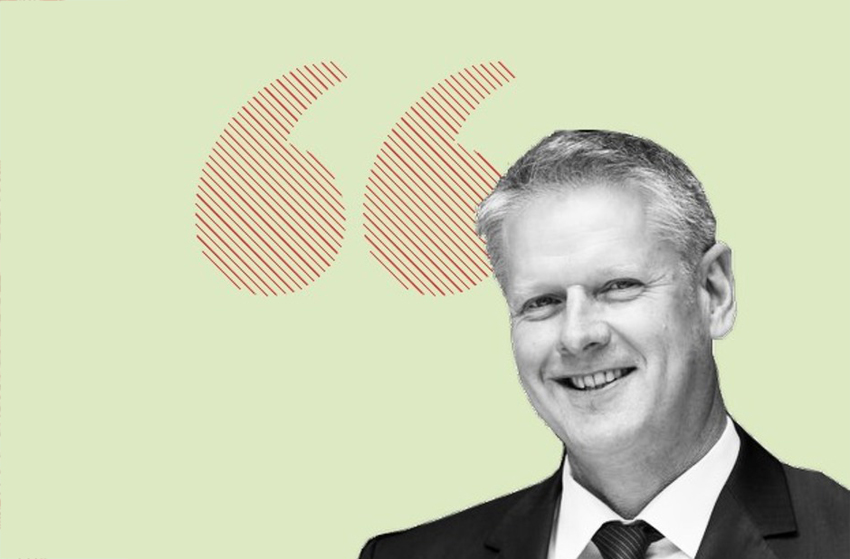Professor Colin Riordan is President and Vice-Chancellor at Cardiff University, moving there in 2012, from his role as Vice-Chancellor of the University of Essex. He has a long academic career and has taught in Germany as well as across the UK. He has published widely on post-war German literature and culture, including writing and editing books on the writers Jurek Becker, Uwe Johnson and Peter Schneider.
Here he talks to Partner, Tessa Harrison, about Cardiff University’s response to managing crisis and the importance of his own personal communication in leading through this period of disruption
What were your immediate priorities to tackling Covid-19?
First and foremost our focus was on the health and safety of our staff and students. The whole organisation pulled together to move operations and activities online and we were able to respond remarkably quickly to the lockdown. The complexities involved for a university the size of Cardiff are significant and every aspect of what we do has been affected.
What has been the biggest challenge to date?
By far the biggest challenge has been getting the communications right – there are multiple constituencies in a university community; getting the balance right in terms of what is said and how it is said is always a challenge but never more so at a time like this. Not just our staff and students but also our NHS colleagues and the wider population of Cardiff. It is so important to do all that we can to avoid any misunderstandings or misrepresentation of the decisions we are taking and our positions and approach.
What positives have your drawn from the crisis?
First and foremost has been the incredible way in which the whole organisation has pulled together to do what needs to be done for our students. Everyone has been proactive and selfless about, for example, getting learning materials on-line and ensuring our students are and feel supported. In fact, the technology transformation aspects of responding to the crisis have been really important and interesting; we have learned a lot and will need to take the time to reflect when we are through this.
More virtual meetings have in many ways positively changed the meeting dynamic making them more inclusive and less formal. I hope we can keep the best elements of virtual meetings going when we are through the crisis. There are of course challenges with using different technology platforms, some of which create a less inclusive experience than I would like; for example, some platforms don’t allow everyone involved in a virtual meeting to see and/or hear everyone.
What have you learned about yourself as a leader during the crisis?
The most important thing has been for me to remain authentic, for the whole community to hear my voice and words and to be as accessible as possible so that I am seen to be leading from the front but also available on a personal basis to talk things through.
I have always produced a regular monthly blog which was increased to daily at the beginning of the crisis and is now published weekly. The technology platforms we are using have enabled me to reach out really quite widely. This isn’t a time for inspirational speeches to rally the troops but for actively listening, understanding, reflecting and reassuring whilst being realistic. I have always been struck by Shakespeare’s Henry V going amongst his men in disguise the night before the battle to understand their feelings, debate, reflect and decide. It seems more important to me than the St Crispin’s day speech, although clearly for us in the COVID crisis it’s vital to be present even if virtually, and visibly leading.
